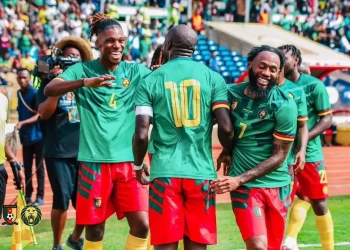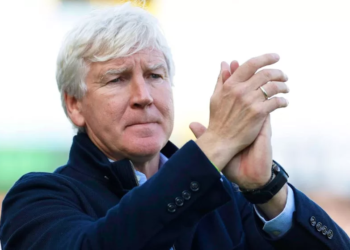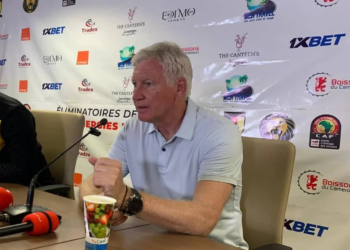Sepp Blatter’s biggest problem is not working out how to win another term, discredit his rivals, or shore up his reputation; it goes far beyond that.
It is working out how to save the good name of football.
In any organisation, its culture comes from the very top.
How you deal with people, what your values are, not just your vision, but how you want to achieve your goals – all are driven by the man in charge.
There is no doubt Blatter has vision.
The World Cup every two years (mothballed), World Club Championship (played once, now not likely to come again before 2005), the Confederations Cup (losing money), the goal project (spending money) and the promotion of women’s football.
There is also no doubt that he presides over an organisation that has become factional and streaked through with distrust.
And one which increasingly does its business by stealth, spin and coercion.
Claims of corruption are dismissed as having been « dealt with ».
However, these are fresh allegations, a bit like someone re-opening a case when new forensic evidence comes to light. Should they be so easily discarded?
The amount of spin at Fifa house over the last few days would have been enough to nauseate a fairground ride attendant.
And the spin is coming from all sides.
On the one hand, there is the flagrant use of the official media channels to accentuate the positive.
Fifa’s news releases at times owe much to the traditions of Pravda for their inspiration.
« King Pele praises the achievements of Fifa President Blatter » arrived in the press room an hour before he was hauled before the executive committee and forced to agree to an investigation into Fifa’s finances.
On the other hand there are the more subtle off-record briefings in hotel lobbies and leaks from Fifa « insiders ».
Sour
One colleague was cornered by a Blatter aide and asked, « Why do you support them, Uefa? »
The journalist, a freelance, and a long-time Fifa watcher writes occasional features for UEFA.com – hardly on their payroll, I’d suggest.
The atmosphere is beginning to become sour. The President’s media conferences follow a particular pattern as well.
If there is good news to impart, one can always rely on a few minutes one-to-one with Mr Blatter afterwards.
When he is up against it, pressing appointments force him to leave half-way through with a warning that there is no point us all upping and chasing after him, because there is no chance of any further comment.
The President bemoans the fact that he cannot get on with the executive because the constitution gives too much power to the Europeans (eight out of 24 seats).
Confident
He feels they can influence things against him because, by implication, they are bitter that Lennart Johansson did not get the presidency last time.
Then he threatens to go over their heads and let the Fifa congress of all 204 members decide on his personal probity and handling of Fifa’s finances.
He knows the congress is where his power base is, and he carefully cultivates it.
Even now with the likelihood of a rival candidate in the form of Caf head, Issa Hayatou for the presidency, Blatter remains confident he could still muster a majority from the shopfloor. But what would he remain in charge of?
Blatter will eventually go, possibly later rather than sooner.
I wonder if he has a vision of what his legacy ought to be, and whether that will tally with the reality?











